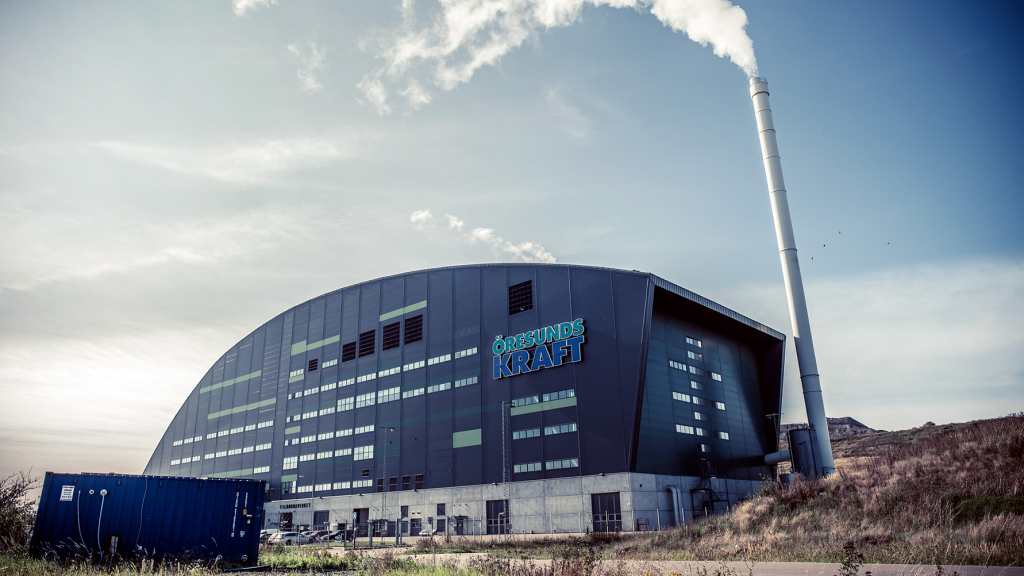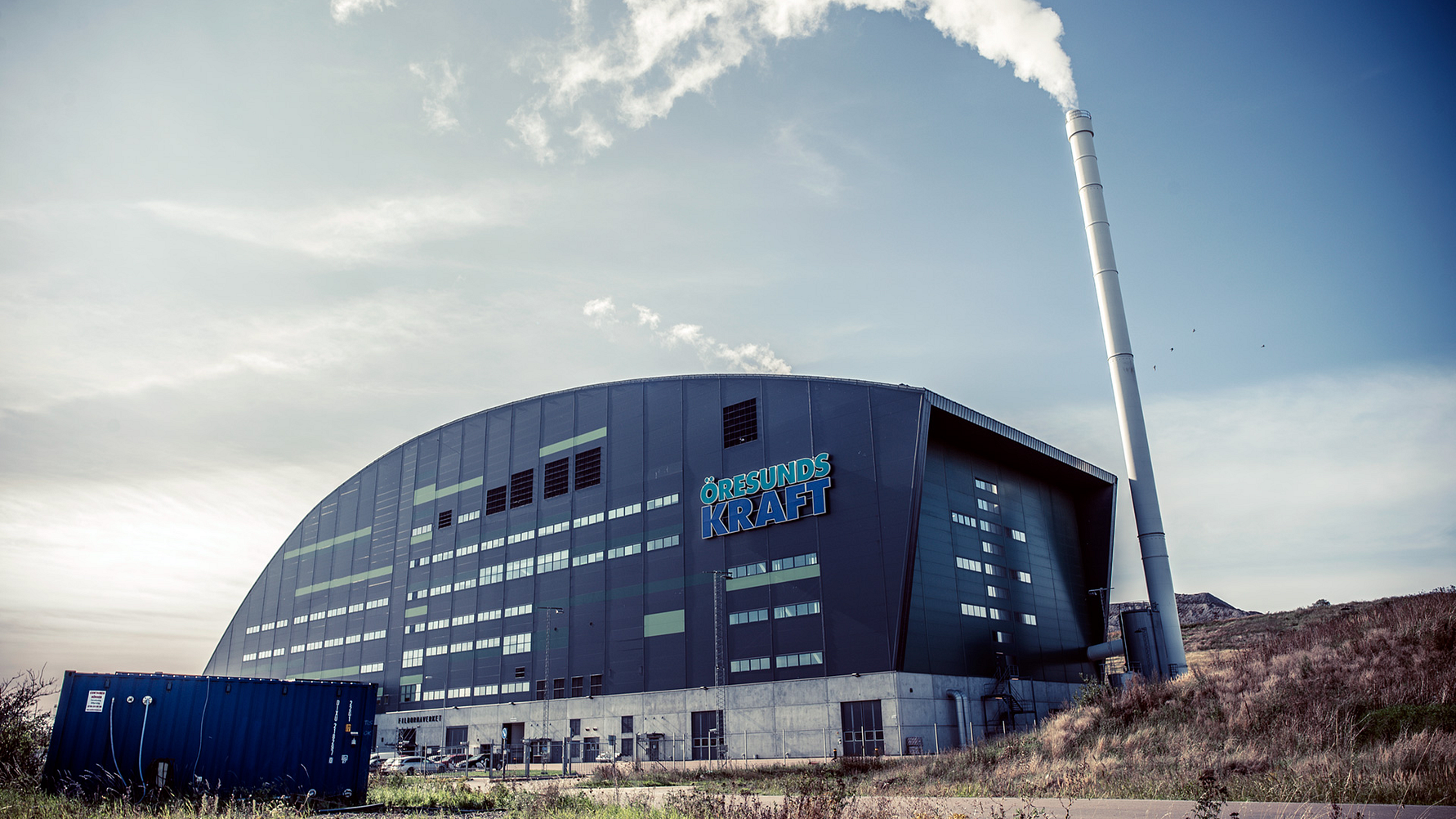The unique initiative combines forward-leaning climate policy with a technological solution that will become one of the first of its kind in Sweden and Europe. Öresundskraft is also Sweden’s first municipally owned energy company to secure an investment decision for a CCS project.
The CCS facility at Filbornaverket in Helsingborg is estimated to cost approximately SEK 3 billion and will capture 200,000 tonnes of carbon dioxide annually. The goal is for the facility to be operational by 2028, making it one of the first full-scale CCS installations in Sweden and Europe linked to a combined heat and power plant.
Stefan Håkansson, CEO of Öresundskraft, said, “The strong majority decision by the City Council to invest in CCS at Filbornaverket shows that we, as a city, take the climate challenge very seriously. Helsingborg is a city that not only invests in climate action and innovation, we also dare to lead and create opportunities for others to follow.”
“This project makes it possible both to prevent large volumes of carbon dioxide from being released into the atmosphere and to remove CO2 that is already there actively. It is a crucial step in helping Helsingborg achieve net-zero emissions by 2030. With strong national and international support from the EU and the Swedish Energy Agency, we are taking a major step toward realizing a solution that strengthens Helsingborg’s climate efforts and paves the way for other cities in Sweden and Europe.”
The project is already advanced and has received significant national and international support. The EU Innovation Fund and Sweden’s Industriklivet initiative have awarded the project approximately EUR 54 million and EUR 3 million, respectively – a clear recognition of its potential and credibility.
Öresundskraft is currently in advanced discussions with storage operators and transport companies and is in the final stages of selecting a construction contractor. Market interest is strong, and agreements for the future purchase of negative emissions certificates have already been signed with companies, including Wihlborgs and Helsingborgshem.
The CCS facility at Filbornaverket will capture carbon dioxide from fossil and biogenic sources. This means eliminating new emissions and reducing the overall amount of carbon dioxide in the atmosphere – creating so-called negative emissions. Without CCS, extensive and costly reconstructions would be necessary when emission allowances are phased out in 2039, likely leading to higher district heating costs for customers. With CCS, Helsingborg secures a competitive and sustainable district heating system for the future.
Sofie Lilja, Commercial Director CCS, Öresundskraft, said, “With CCS, we can make our district heating system climate-neutral while securing the facility’s and the business’s long-term future. Without CCS, our customers risk higher heating costs as climate requirements increase. With CCS, we create long-term sustainability and help companies in the region achieve their climate goals through credible climate compensation opportunities.”
The project’s next phase will focus on more detailed analyses, contracting suppliers, and updating the profitability assessment to secure the feasibility further. In early 2026, the Helsingborg City Council is expected to make the final decision to commence construction and move the project into full implementation.


